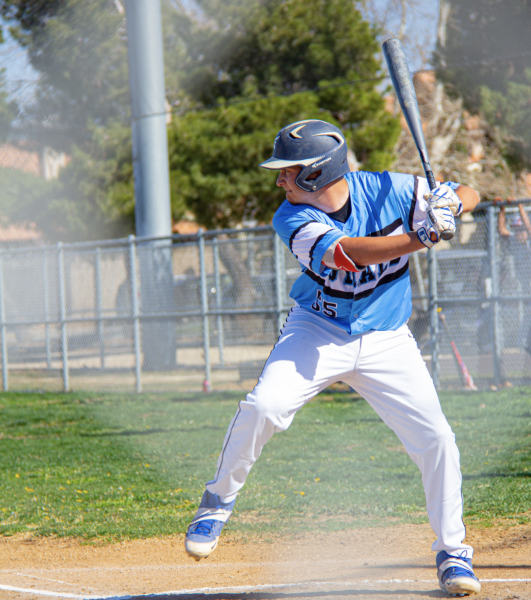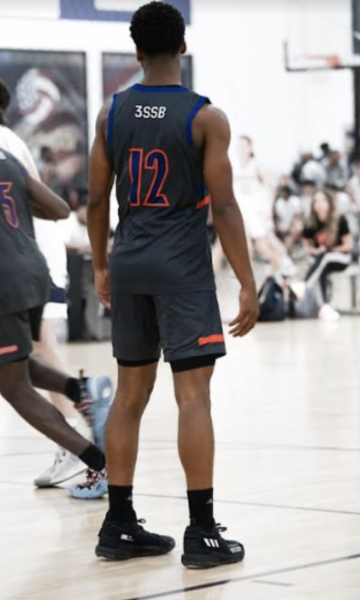What Effect Do Sports Have on Students?
Sports have long been an essential part of school culture. Whether it be homecoming games, CIF competitions, or even just cheering on your classmates, many students are involved in sports in one way or another. How exactly do sports affect students? To answer this, we must first draw the line on what kind of students we are discussing.
The effect sports have on students will be different if they are athletes or bystanders. However, sports have a much more prominent impact on those who actively participate in them. Starting off with the obvious factors, sports keep students healthy and in shape. In addition to this, participating in sports allows students to learn essential life lessons such as responsibility, teamwork, and discipline. Responsibility and discipline are key lessons that students learn while playing, because if they make a mistake, it could harm the entire team. For example, say you are participating in a 4x100m relay race on your school’s swim team, and you are the anchor of the group. If you do not touch the wall with both hands when you turn, you and your fellow teammates are automatically disqualified from the race.
Furthermore, actively exercising gives students an outlet to take their minds off academics. Many health care professionals have stated that physical activity is an excellent way to manage stress. More specifically, students who participate in sports develop an increased blood flow to the brain, enhancing brain function and cognition.
In addition to this, students who participate in sports have commonly shown higher levels of confidence and self-esteem. Sports provide many students with the motivation to do well in school and stay on the right path. If the student truly loves the sport and is dedicated to the team, they will do everything in their power to remain on the team. This requires good academics, no incidents that will damage their records, and good communication with their teammates. Colleges also favor school athletes, which motivates them to continue and try to be their best to gain scholarships.
However, there are some adverse effects to sports. Sometimes, student-athletes can be overwhelmed with balancing academics and sports. Also, very talented student-athletes might be unnecessarily pressured by their parents to focus on the sport instead of academics or even spending time with their friends.
In conclusion, sports can be both good and bad, but it depends on how it is utilized. As long as it is used in a positive way that will benefit the student, it will have a positive impact on their life and education.

Hello! My name is Patrick Park, and I am currently a senior at Quartz Hill High School. This is my third and final year in Journalism. It feels weird to...





